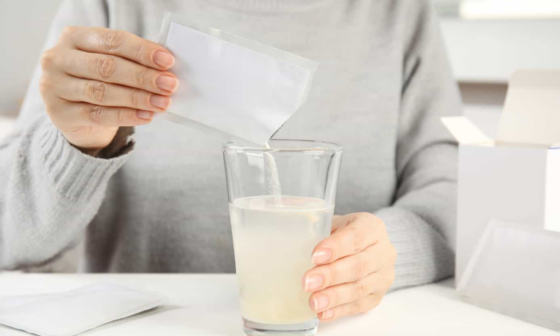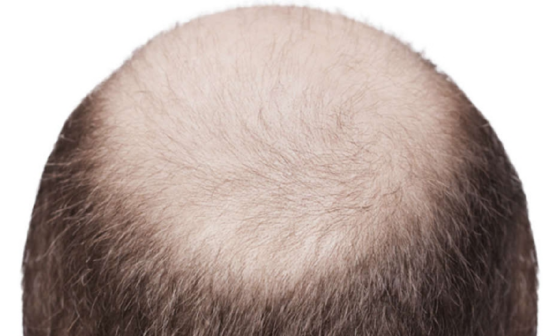Masturbation is a natural and common practice among individuals, providing various physical and mental health benefits. Despite its prevalence, many people have questions about its effects on the body, particularly regarding hygiene. One concern that arises is whether excessive masturbation can lead to an increase in smegma production. Smegma, a substance made up of dead skin cells, oils, and bacteria, is often associated with male genitalia, especially in uncircumcised men. This article explores the the questions does Masturbating Too Much Create Smegma, connection between masturbation and smegma, offering insights into prevention and proper hygiene practices.
What is Smegma?
Smegma is a natural secretion found in both males and females, but it is most commonly linked to uncircumcised males. This substance forms when sebaceous glands produce oils that mix with dead skin cells and moisture, creating a thick, pasty buildup under the foreskin or around the clitoral area in females. While smegma is not inherently harmful, its accumulation can lead to hygiene issues, unpleasant odors, and even infections if not properly managed.
Understanding Masturbation
Masturbation is a normal sexual activity that many engage in for pleasure, stress relief, and sexual exploration. Myths surrounding masturbation often create unnecessary stigma, but research indicates that it is generally safe and has various health benefits, such as improved sexual function and relief from menstrual cramps. While there are no specific health risks associated with masturbation when practiced in moderation, concerns about hygiene can arise, especially if proper cleaning habits are neglected.
The Connection Between Masturbation and Smegma
The link between masturbation and smegma production can be influenced by several factors, including personal hygiene, frequency of masturbation, and individual anatomy. While frequent masturbation does not directly cause smegma, it may contribute to its accumulation if hygiene practices are inadequate. For example, increased sexual arousal can lead to heightened oil production, potentially resulting in more smegma if not cleaned regularly.
Moreover, the absence of proper cleaning can exacerbate the problem, as smegma tends to build up in warm, moist environments, such as under the foreskin. This buildup can create an ideal environment for bacteria to thrive, which can lead to irritation and infections if left untreated.
Signs of Excessive Smegma
Recognizing excessive smegma can be straightforward. Symptoms may include:
- A thick, white, or yellowish discharge that resembles cottage cheese.
- Unpleasant odors that may resemble sour milk or strong body odor.
- Discomfort or irritation in the genital area, which could indicate inflammation or infection.
If you experience these symptoms, it may indicate the need for improved hygiene practices.
Hygiene Tips for Reducing Smegma
Maintaining proper hygiene is crucial for managing smegma and preventing its buildup. Here are some effective tips:
- Daily Cleaning: Wash the genital area daily using mild, unscented soap and warm water. For uncircumcised men, gently retract the foreskin during washing to clean beneath it thoroughly. This helps to remove any trapped smegma and dead skin cells.
- Avoid Harsh Products: Steer clear of strong soaps or fragrant cleansers that can irritate sensitive skin. Opt for hypoallergenic soaps that are less likely to cause reactions.
- Dry Thoroughly: After washing, make sure to dry the area completely to prevent moisture accumulation, which can promote smegma buildup.
- Wear Breathable Fabrics: Opt for cotton underwear that allows for airflow. This can help keep the genital area dry and reduce moisture, minimizing the chances of smegma accumulation.
- Be Mindful After Masturbation: After masturbation, it’s essential to clean the genital area to remove any bodily fluids, which can contribute to smegma formation.
When to Seek Medical Advice
If you notice persistent smegma buildup despite regular hygiene practices, or if you experience symptoms such as pain, swelling, or difficulty retracting the foreskin, it is advisable to consult a healthcare professional. In some cases, these symptoms may indicate underlying conditions such as balanitis or infections that require medical treatment.
Conclusion
In conclusion, while excessive masturbation does not inherently cause smegma, it can contribute to its accumulation if hygiene is not adequately maintained. Regular washing and attention to genital hygiene are essential for preventing and managing smegma buildup. By following good hygiene practices, individuals can ensure better sexual health and overall well-being. Open discussions about sexual health and hygiene are crucial in promoting better understanding and practices.
FAQs
Is smegma normal?
Yes, smegma is a normal secretion that can accumulate, especially in uncircumcised individuals.
How often should one clean to prevent smegma?
Daily cleaning is recommended to prevent smegma buildup.
Can smegma cause infections?
While smegma itself is not infectious, its accumulation can lead to bacterial growth and potential infections if hygiene is neglected.
What are the best practices for male genital hygiene?
Regular washing with mild soap, thorough drying, and wearing breathable underwear can help maintain good hygiene.






